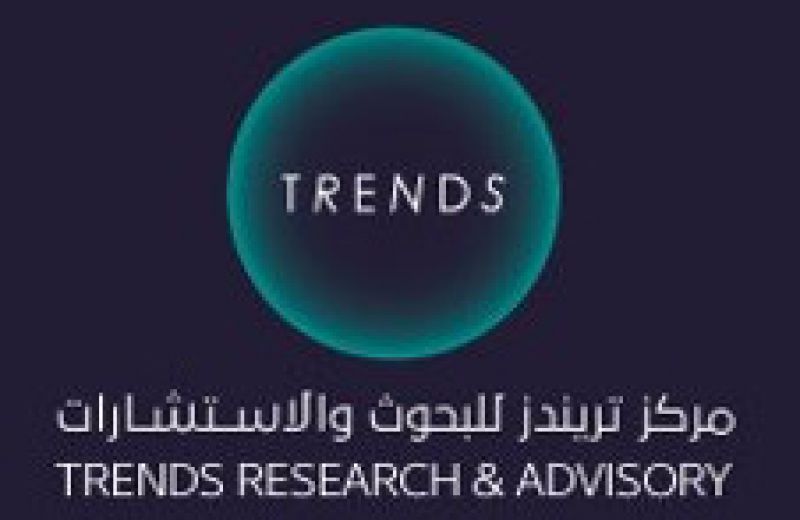
Press release, published at the UAE:
TRENDS Research & Advisory to expand Middle East studies following MoU with Israeli Institute for Regional Foreign Policies The Memorandum of Understanding with Mitvim is aligned with the think-tank’s stated objective of empowering the future through academic research and mutual cooperation
ABU DHABI, October 8, 2020 – TREND Research & Advisory has signed a memorandum of understanding (MoU) with Mitvim, the Israeli Institute for Regional Foreign Policies, to build synergies and enhance research cooperation focusing on Israel, the GCC, and the Middle East. The MoU with the Israeli foreign policy think-tank is part of the TRENDS core strategy to build a network of robust partnerships with global research centers, governments, and nongovernment organizations and institutions. Mitvim promotes a pro-peace, multi-regional, internationalist, modern, and inclusive approach to Israel’s foreign policy and is continuously ranked among the top think-tanks in the Middle East and North Africa. The cooperation areas will include research and studies on Israel, the GCC, and the Middle East. Dr. Nimrod Goren, the Head of Mitvim Institute, signed the MoU on behalf of the organization.
“We are very pleased to see this MoU in place as it paves the way for great synergy between our two entities, combining research, the transfer of knowledge, and other resources,” Dr. Mohammed Abdullah Al-Ali, Director-General of the TRENDS Research & Advisory, said. He said that the MoU defines the frame for future cooperation between strong think-tanks to empower the Middle East’s future. The MoU coincides with the historic Abraham Accords, which has opened a window of opportunity for the new Middle East. “The normalization of Arab-Israeli ties underscores the shared efforts being made to develop further friendly relations that meet the interests of lasting peace, stability, security, and porosity in the Middle East,” Dr. Mohammed Al-Ali said. According to him, the MoU also shows that both the parties acknowledge the critical role of scientific research and capacity-building in developing key sectors and strengthening relations through knowledge exchange. “As a global think-tank, we are committed to playing our part in building bridges between nations and enhance it through research and innovation,” Dr. Mohammed Al-Ali said.
Dr. Nimrod Goren, Founder and Head of the Mitvim Institute, said that cooperation between think-tanks could be of significant value to the Israel-UAE normalization process. “The Mitvim-TRENDS agreement will enable experts from both countries to generate knowledge, and make recommendations that support the development of the UAE-Israel relations. It will help promote peace in the region, including between Israel and the Palestinians. The Mitvim Institute warmly welcomes this new partnership,” Dr. Goren said. Mitvim calls for a paradigm shift in Israel’s foreign policy. The think-tank assesses ongoing developments and trends in Israel’s foreign policy, conducts annual polls to track public perceptions on foreign affairs, and works to increase Israel’s Arab citizens’ involvement in foreign relations. Mitvim also works to empower Israel’s foreign service, elevate the Knesset’s role in foreign affairs, and make diplomacy central to decision-making.
ABOUT US
TRENDS Research & Advisory strives to present an insightful and informed view of global issues and challenges from a strategic perspective. Established in 2014 as an independent research center, TRENDS conducts specialized studies in international relations and political, economic, and social sciences. It undertakes rigorous analyses of current issues and global and regional developments, especially in the Middle East and North Africa.
The Center analyses opportunities and challenges at various levels of the geopolitical spectrum. It evaluates scenarios and prospects to find scientific and objective answers and seeks to influence the decision-making process. TRENDS Research & Advisory aims to champion national and regional causes and build a strong network with research centers, organizations, and institutions worldwide. It also seeks to benefit from the expertise of international research and academic institutions.


